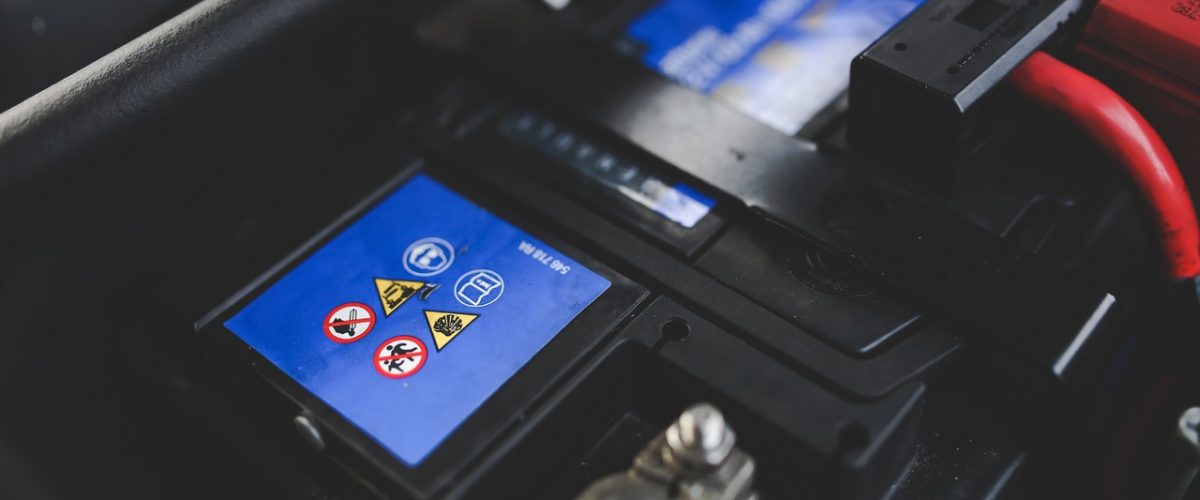When it comes to car maintenance, most car owners don’t give their hard-working battery a second thought.
The car battery is a component often taken for granted because it goes about its duty without much bother – until it dies and you’re left stranded. It’s function is to start your car when you turn on the ignition; by supplying an electrical current to your starter unit. After starting your engine, power is supplied via the alternator to other devices in your vehicle, such as LED lights, sound and safety equipment.
What Causes a Car Battery to Wear?
Driver behaviour, seasonal conditions, and vehicle age can drain your battery and affect its lifespan.
1. Driver Behaviour
- Plugging in numerous appliances while driving, for example, charging a fridge and a cell phone into your 4×4 at the same time.
- Leaving your car standing for lengthy time periods.
- Only using your car for short journeys which don’t give your battery a chance to re-charge.
- Leaving the lights on after parking for more than four to seven hours depending on your battery’s make and age.
- Playing the audio system for longer than 10 – 12 hours while the car is stationary.
2. Seasonal Conditions
- Chilly weather puts extra strain on older cars. The lower temperatures cause the chemical reactions needed to make batteries work slow down.
- Extremely hot weather affects your battery’s health by causing vital liquids to evaporate and its charge to weaken.
3. Vehicle Age
A battery’s life depends more on the age of the car than the cost or brand of the battery. Batteries fitted into new Original Equipment Market (OEM) cars last longer than those in the aftermarket where vehicle maintenance plans have expired. This is because power is drawn off batteries by other aging vehicle components such as vehicle trackers and aftermarket spotlights.
How can I tell if my Battery is Dying?
The first warning signs of a dying battery is the battery light in your dashboard turning on. Subsequent indicators are:
- Dim vehicle lights
- Electrical issues, such as, flickering interior lights
- Slowly starting engines
- Check battery light turning on as a direct indicator of a battery problem and an engine light turning on as a possible battery related problem
- Bad smells, similar to rotting eggs, suggesting battery damage or an internal short
- Visibly lower battery fluid levels
- Corroded connectors
Car batteries need to be replaced every three to five years and maintained in keeping with your car’s service intervals. A well-cared-for car battery will give you many happy, troublesome miles of travel and keep you safe from unexpected breakdowns and untold inconvenience. Should you suspect your car battery is nearing its life’s end, visit your nearest battery specialist without delay.






